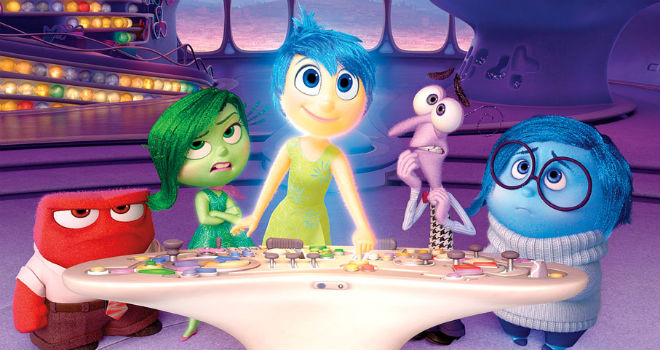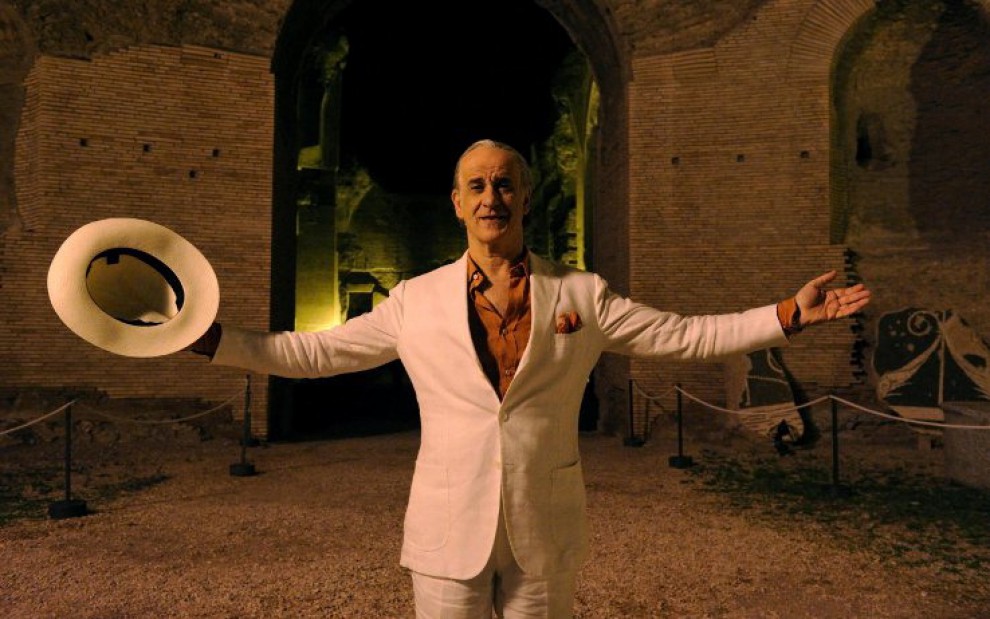What would happen if our emotions would just disappear? Are we able to regulate our behaviour if we wouldn’t be able to feel joy or sadness anymore?
Those questions form the main idea behind the recent Disney-Pixar movie Inside Out. The movie finds a simple solution to represent the complexity of human emotions. The emotions of the main character, the 11-year-old Riley, are steered in her head by five personas: Joy, Sadness, Fear, Disgust, and Anger. They are represented by coloured characters, jointly managing her actions. Mostly they act in concordance, but sometimes there are conflicts between emotions wanting Riley to feel differently.
For Riley, a happy and positive girl, the energetic personality of Joy is the dominant emotion. Joy doesn’t refrain from bossing around the other four emotions as she deems fit to make Riley feel joyful. Beyond determining how Riley feels, the emotions also serve as administrators of her memory. Every day, they collect her memories (in the form of the colourful balls at the back of the image, and associated with one of the emotions), before they are shipped off to her long-term memory.
Inside Out shows the complexity of interacting emotions, but also demonstrates how our emotions make us who we are. When Riley and her family move from her beloved Minnesota to a small and dirty house in San Francisco, she becomes unhappy. And when Joy and Sadness get lost, Riley is unable to feel these emotions.
Riley’s personality flattens as the remaining emotions Fear, Disgust and Anger are made responsible to administer her behaviour. With a less rich variation in emotions – and no positive emotions – Riley becomes a more grey personality, and the entire tone of the movie changes.
Emotions makes us who we are. Without Joy and Sadness, Riley is not herself anymore. Riley’s inability to communicate with her parents and her schoolmates also demonstrates how important emotions are to make individuals function in a social group. In a way, Riley becomes like a psychopath unable to have feelings. It’s true that psychopaths can commit the most heinous crimes, precisely because of their inability to feel remorse (small parenthesis: it appears that CEOs are more likely than a typical person to have characteristics of psychopaths – it increases the chance of success in business).
Beyond demonstrating the importance of positive emotions that positive psychologists are so interested in, the movie also very visually shows how people and their emotions interact. One of the most interesting scenes in the movie is a family dinner, where it shows Riley’s three remaining emotions, but also how all five emotions in her father’s and mother’s head steer the interaction.
As a human being it happens so often that we interact with someone – our partner, a family member, a friend or a colleague – whose reaction we don’t understand. Rather than wondering why they behave as erratically as they do, we could try to image five contrary emotions in their heads, attempting to find an emotional ‘correct’ response. Inside Out’s visual representation of the complexity of emotions does not only make a nice film for children and adults, but also helps us imagine how other people could feel.


